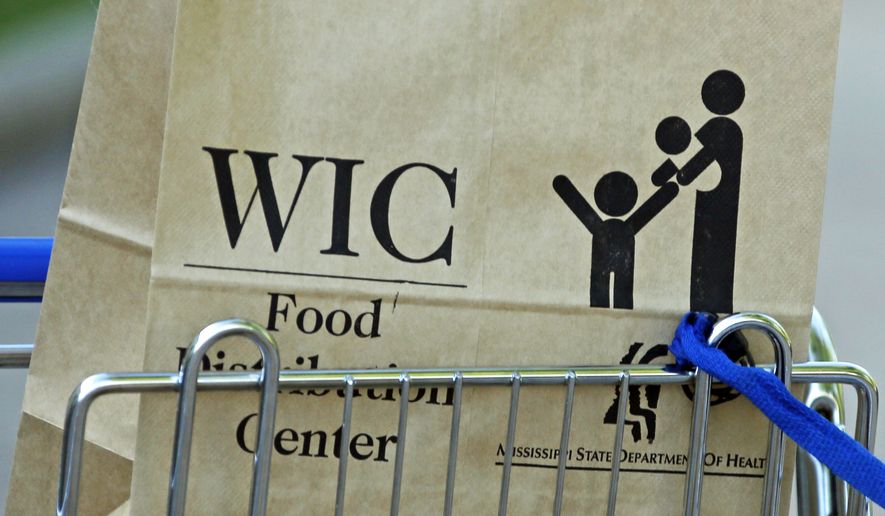Only a small fraction of would-be immigrants will be affected by the administration’s new “public charge” rule, according to an analysis Thursday that undercuts some of the vehement criticism from immigrant-rights activists.
Under the rule, U.S. Citizenship and Immigration Services can now refuse to grant green cards, signifying permanent legal status, if they see a history of welfare use involving programs such as Medicaid or food stamps or housing assistance.
But the Migration Policy Institute, a think tank, says relatively few people in that pool of potential applicants are eligible to take part in those kinds of programs, so few people are likely be snared by the get-tough policy.
No more than 167,000 people — out of a pool of 22.1 million non-citizens in the U.S. — could be affected, MPI calculates.
But the MPI said some migrants are skipping out on programs they are entitled to and wouldn’t be punished for, fearing they would run afoul of the changes.
“For government agencies and non-governmental organizations that serve immigrant populations, outreach to better explain the rule and who is — and is not — affected is important,” MPI said.
A 1996 law severely limited migrants’ ability to claim public benefits.
The 167,000 people MPI identified fall into very limited categories. Haitians paroled into the U.S. are able to access some federal programs, as are some people who gained legal status under the 1986 amnesty. Also affected are migrants in some states that offer state-funded cash benefits.
MPI said the real number of people affected is likely to be even lower than the 167,000, because that probably double-counts some migrants.
And many of those affected have been living in the U.S. for decades without applying for a green card, suggesting they aren’t likely candidates to apply now — and face the public charge rule.
Trump critics have called the public charge rule everything from “cruel” to “racist,” and that outsized reaction could have helped spark the fear among even people who aren’t affected by the rule.
• Stephen Dinan can be reached at sdinan@washingtontimes.com.




Please read our comment policy before commenting.